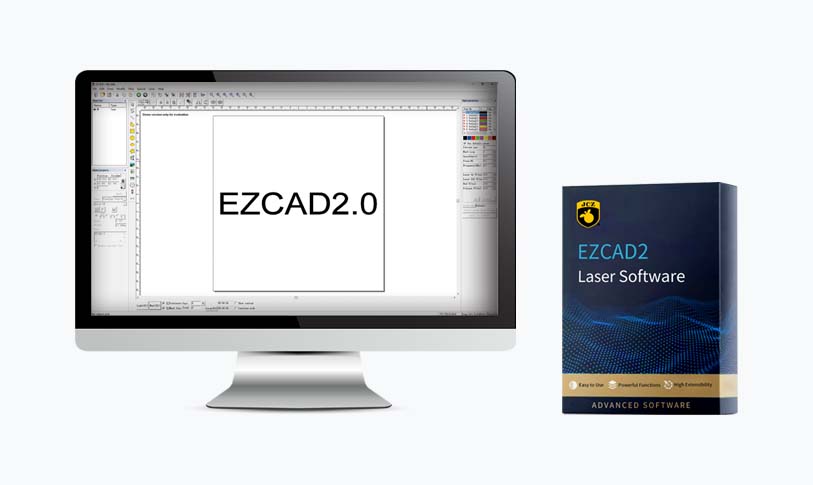
Exploring the Versatility and Efficiency of 1kW Fiber Lasers in Modern Manufacturing and Industrial Applications
****
In the realm of advanced manufacturing technology, fiber lasers have emerged as a game-changer, offering unparalleled efficiency and precision in various applications. Among these, the 1kW fiber laser stands out due to its versatility and effectiveness, making it an ideal choice for a range of industrial tasks. This article delves into the features, benefits, and applications of 1kW fiber lasers, highlighting their role in modern manufacturing processes and their impact on productivity.
Understanding Fiber Lasers
Fiber lasers utilize a laser medium made from optical fibers doped with rare-earth elements such as neodymium, ytterbium, or erbium. These fibers allow for better efficiency in laser generation and amplification. The 1kW fiber laser emits a focused beam of light that can easily cut, engrave, weld, or mark various materials with high precision. The technology has rapidly evolved since its inception, becoming more compact and cost-effective, which has broadened its accessibility for industries of all sizes.
Key Features of 1kW Fiber Lasers

Exploring the Versatility and Efficiency of 1kW Fiber Lasers in Modern Manufacturing and Industrial Applications
1. **High Efficiency**: One of the standout features of 1kW fiber lasers is their energy efficiency. They typically convert more than 30% of the electrical power used into usable laser energy, which is significantly higher than other laser types. This efficiency translates into lower operational costs and reduced environmental impact, making them an attractive option for businesses looking to optimize their energy consumption.
2. **Precision and Quality**: The focused beam of a 1kW fiber laser allows for high-quality cuts and engravings with minimal material waste. The small focal spot size results in tighter tolerances, which is crucial for industries such as aerospace and automotive, where precision is paramount.
3. **Versatility**: These lasers can be used on a wide array of materials, including metals, plastics, and even some ceramics. Their adaptability makes them suitable for various applications, from cutting thin sheets of metal to engraving intricate designs on plastic components.
4. **Low Maintenance**: Fiber lasers generally require less maintenance than other laser systems, such as CO2 lasers. They have a simplified optical path and do not need mirrors or lenses, reducing the risk of alignment issues and downtime associated with maintenance.

Exploring the Versatility and Efficiency of 1kW Fiber Lasers in Modern Manufacturing and Industrial Applications
5. **Compact Size**: The design of 1kW fiber lasers often allows for a more compact setup compared to traditional laser systems. This space-saving feature is particularly appealing for smaller manufacturing facilities or workshops where floor space is at a premium.
Applications of 1kW Fiber Lasers
1. **Metal Fabrication**: The ability to cut through various metals with precision is a primary application of 1kW fiber lasers. They are commonly used in industries such as automotive, aerospace, and construction for fabricating components, chassis, and other critical parts.
2. **Engraving and Marking**: Fiber lasers excel in engraving and marking applications due to their precision and the quality of the finished product. They are widely used for branding products, creating serial numbers, and marking barcodes on items for traceability.
3. **Welding**: In addition to cutting, 1kW fiber lasers are employed in welding applications, particularly for joining thin sections of metals. The focused energy allows for deep penetration in a narrow area, providing strong weld joints without distorting surrounding material.
4. **3D Printing and Additive Manufacturing**: As 3D printing technology evolves, 1kW fiber lasers are increasingly being incorporated into additive manufacturing systems, particularly for metal 3D printing. They can perform laser melting or sintering processes, creating complex geometries with high precision.
5. **Medical Device Manufacturing**: The medical industry often requires high standards of precision and cleanliness. 1kW fiber lasers are used in cutting and marking medical devices, ensuring they meet safety standards while maintaining high quality.
Conclusion
As industries strive for greater efficiency and precision in their manufacturing processes, the role of 1kW fiber lasers is becoming more prominent. Their high energy efficiency, versatility across multiple materials, and low maintenance requirements make them an ideal choice for various applications. Whether in metal fabrication, engraving, or even additive manufacturing, the 1kW fiber laser is leading the way in modern industrial applications, helping businesses enhance productivity while maintaining high-quality outcomes. As technology continues to advance, we can expect further innovations in fiber laser applications, solidifying their place as a cornerstone of modern manufacturing.uv laser etching


